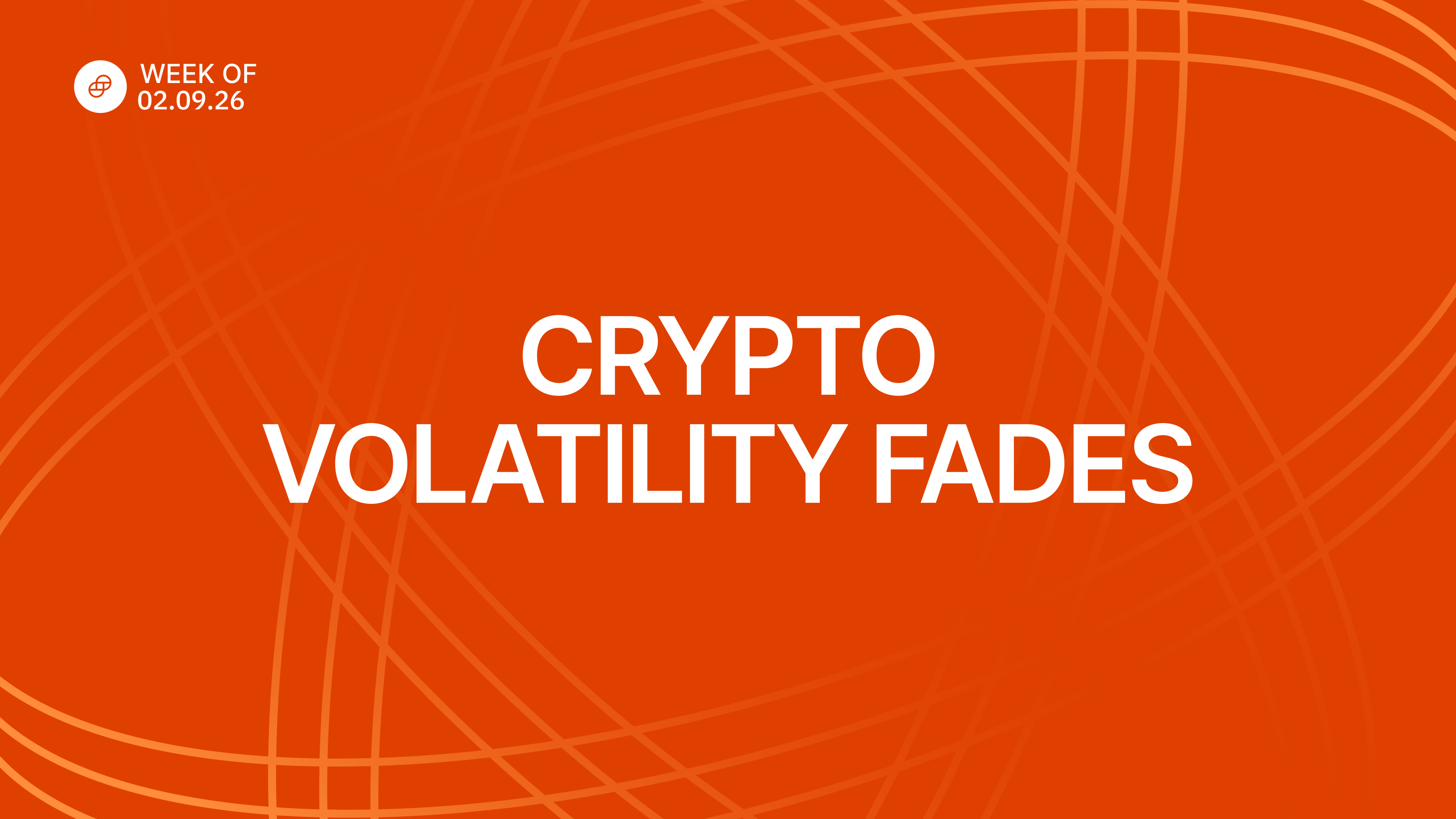JUL 23, 2024
Spot ETH ETFs Have Arrived. How Will They Impact Crypto?

The introduction of crypto ETFs has historically led to increased investor confidence and market liquidity. The approval of spot ethereum ETFs is therefore expected to boost ethereum's overall profile, if not its market position. Historically, the introduction of ETFs has led to increased investor confidence and market liquidity.
But not everyone believes it will be a boon to the ecosystem. The reason for this, some argue, is that investors might have overestimated the positive price action which can be expected from the launch of these ETFs, and could be causing the current price of ETH to be inflated.
The firm's forecast is based on an analysis of assets under management for existing ether-based exchange-traded products globally, comparing them to similar bitcoin products. Additionally, K33 Research examined the open interest (OI) in futures contracts on the Chicago Mercantile Exchange (CME), a key platform for institutional investors.
Currently, ether's OI on CME is 23% of that of BTC futures. However, since the introduction of ether futures on CME in 2021, the average share has been 35% of bitcoin futures, indicating there’s untapped institutional demand for ether in the US.
Regulatory Challenges
Despite sunny predictions of multi-billion dollar inflows, the introduction of spot ether ETFs will not be without its challenges. For one, the SEC’s approval process involves rigorous scrutiny, addressing issues such as custodianship, market manipulation, and regulatory compliance. That could keep some asset managers from jumping in with ETFs of their own.
While the approval generally suggests a positive regulatory stance, spot ether ETFs only began trading after the necessary S-1 registration documents were finalized, a process that took months. This requirement alone might also be enough to result in only a select few providers being approved.
However, the SEC’s approval implies that ether is not currently viewed as a security – something which will also come as good news for proponents of crypto. This regulatory clarity could reduce investor skepticism.
The Ethereum Knowledge Gap
As digital assets still represent a small portion of many institutional investor portfolios, some investors might opt for the more widely known bitcoin spot ETF, which are based on a more widely traded asset.
When investing in an ether spot ETF, investors have greater exposure to crypto sectors such as layer-2s and DeFi than they would with the BTC equivalent – which might act in Ethereum’s favor. Another aspect of these ETFs which might appeal to investors is the fact that Ethereum is a proof-of-stake blockchain. As a result, investors will be building the blockchain they're investing in, simply by holding shares in spot ether ETFs.
Onward and Upward,
Team Gemini
RELATED ARTICLES

WEEKLY MARKET UPDATE
FEB 12, 2026
US Jobs Report Beats Expectations, BlackRock Launches Tokenized Treasury Fund On Uniswap, and Crypto Lobby Meets To Solve CLARITY Act Impasse

COMPANY
FEB 10, 2026
Gemini Staking Is Now Available for New York Customers

COMPANY
FEB 05, 2026